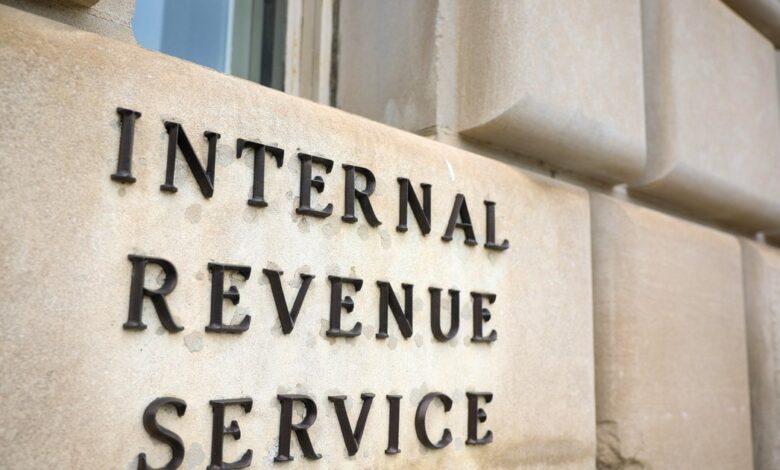The IRS has lost almost one-third of its tax auditors after 2 months of DOGE cuts, report says

The Trump administration’s plan to reduce the IRS workforce has led to a significant departure of tax auditors, with nearly one-third leaving the agency by March, according to a report from the U.S. Treasury Department’s watchdog. Elon Musk’s Department of Government Efficiency (DOGE) has been at the forefront of efforts to streamline the federal workforce through layoffs and deferred resignations. Musk, the CEO of Tesla, highlighted DOGE’s mission to address waste and fraud during the company’s earnings call on April 22, emphasizing the importance of getting the country back on track.
The IRS has been a primary target of DOGE’s cost-cutting measures, aiming to cut up to 40% of its workforce this year. As of March, the agency has lost approximately 11% of its workforce, as reported by the Treasury Inspector General for Tax Administration (TIGTA) on May 2. However, the impact has been more significant for revenue agents, with 31% of them, equivalent to about 3,600 auditors, either opting for the deferred resignation plan or being terminated in the first quarter of 2025. This loss of auditors could potentially hinder the government’s ability to collect tax revenue, especially in cases involving wealthy taxpayers and corporations.
Emily DiVito, a senior adviser on economic policy at the Groundwork Collaborative and former policy adviser at the U.S. Treasury Department, expressed concerns about the consequences of losing trained staff responsible for ensuring compliance among high-end taxpayers and corporate entities. The departure of auditors could lead to behavioral changes among taxpayers, potentially reducing the incentive to pay taxes or file returns.
In response to the TIGTA report, a Treasury spokeswoman highlighted the Biden administration’s efforts to grow the IRS workforce, indicating that the majority of departures were voluntary through the Deferred Resignation Program. The spokeswoman emphasized the importance of efficiency and quality service in light of the changes implemented under new leadership.
The reduction in IRS auditors raises questions about the effectiveness of DOGE’s initiatives, given the agency’s critical role in revenue collection for the government. Auditing high-income individuals and corporations can be financially beneficial for the federal government, with auditors recommending additional tax assessments amounting to $32 billion in fiscal year 2023. Moreover, every dollar spent on auditing the top 0.1% of earners can yield $26 in tax revenue, according to Better IRS.
Despite DOGE’s claims of saving billions of dollars through cost-cutting measures, the Partnership for Public Service estimates that the savings may come at a high cost, potentially leading to a loss of tax revenue and additional expenses due to lawsuits and productivity losses. The Yale Budget Lab projects a potential loss of $323 billion in tax revenue over the next decade due to decreased tax compliance and audit reductions.
In conclusion, while the goal of reducing the federal workforce is to save money, the implications of losing IRS auditors and potential tax revenue raise concerns about the long-term impact of these cuts. The balance between cost-saving measures and revenue collection must be carefully considered to ensure the financial stability and effectiveness of government operations.





